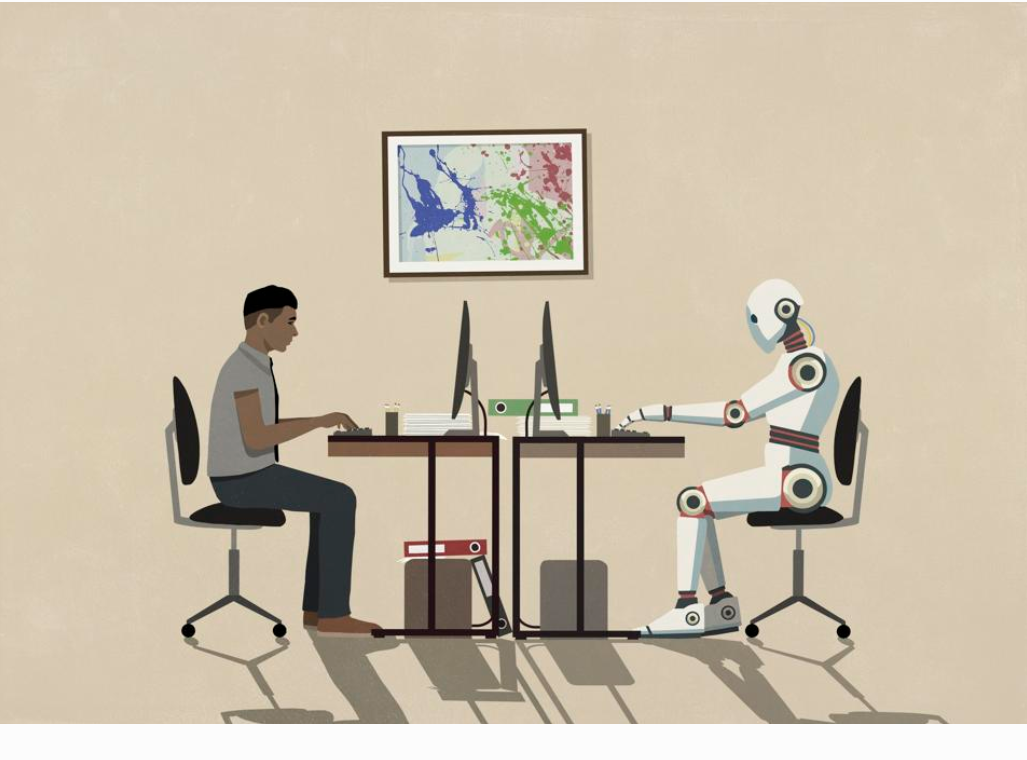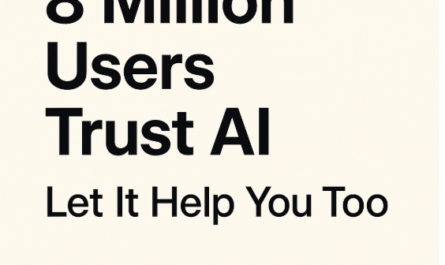Artificial Intelligence (AI) is transforming industries, workflows, and job roles at an unprecedented pace. From automating routine tasks to enabling advanced data analysis, AI is reshaping the way we work. But as machines become more capable, one truth remains constant: uniquely human skills still matter — perhaps more than ever.
In this AI-driven era, developing strong soft skills is essential for standing out and staying relevant. These are the skills that machines can’t replicate — qualities rooted in empathy, creativity, adaptability, and emotional intelligence. Whether you’re leading a team, collaborating across functions, or navigating complex changes, soft skills will help you thrive.
Here are five soft skills that will set you apart in the age of AI:
1. Emotional Intelligence (EQ)
AI may process data with incredible speed, but it lacks the ability to understand human emotions or respond with empathy. Emotional intelligence — the ability to recognize, understand, and manage your own emotions and those of others — is a superpower in today’s workplace.
Why it matters:
- Builds stronger relationships and trust with colleagues and clients.
- Enhances leadership by fostering a supportive and inclusive environment.
- Helps navigate change and uncertainty with empathy and resilience.
Tip: Practice active listening, seek feedback on your communication style, and cultivate self-awareness.
2. Creativity and Innovation
While AI excels at analyzing existing information, it struggles with true originality. Creativity remains one of the most valuable human assets.
Why it matters:
- Fuels innovation and helps generate fresh ideas and solutions.
- Drives business growth through unique value propositions.
- Enables you to see connections where others may not.
Tip: Dedicate time for creative thinking, explore diverse fields, and collaborate with people from different backgrounds to spark new ideas.
3. Adaptability and Flexibility
In a rapidly evolving AI landscape, adaptability is key. Technologies, markets, and customer expectations are constantly shifting.
Why it matters:
- Positions you to quickly learn new tools and ways of working.
- Helps you stay relevant in dynamic roles and industries.
- Increases resilience in the face of disruption.
Tip: Embrace lifelong learning, stay curious about emerging trends, and maintain an open mindset toward change.
4. Collaboration and Teamwork
AI can crunch numbers, but it can’t replace the value of human collaboration — especially across diverse and cross-functional teams.
Why it matters:
- Encourages the sharing of ideas and perspectives, leading to better outcomes.
- Strengthens team dynamics and drives collective success.
- Fosters a culture of inclusion and cooperation.
Tip: Invest in your communication skills, practice empathy in group settings, and actively seek opportunities to work with others.
5. Critical Thinking and Problem-Solving
AI can provide insights, but it’s up to humans to interpret them and make wise decisions. Critical thinking is essential for evaluating information, weighing options, and solving complex problems.
Why it matters:
- Helps you make informed, strategic decisions.
- Enables you to question assumptions and avoid bias.
- Drives innovation by approaching challenges from multiple angles.
Tip: Develop your analytical skills, ask thoughtful questions, and challenge conventional thinking.
Final Thoughts
As AI continues to advance, the human touch will become even more valuable. Soft skills are not just “nice to have” — they are career-defining differentiators. By investing in emotional intelligence, creativity, adaptability, collaboration, and critical thinking, you’ll future-proof your career and position yourself as an indispensable asset in the age of AI.



